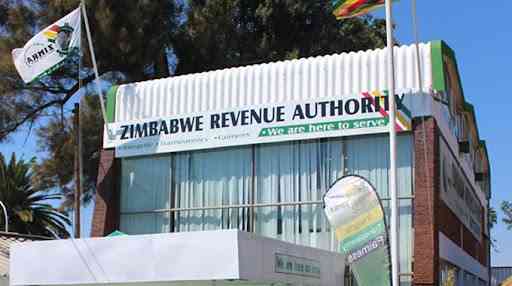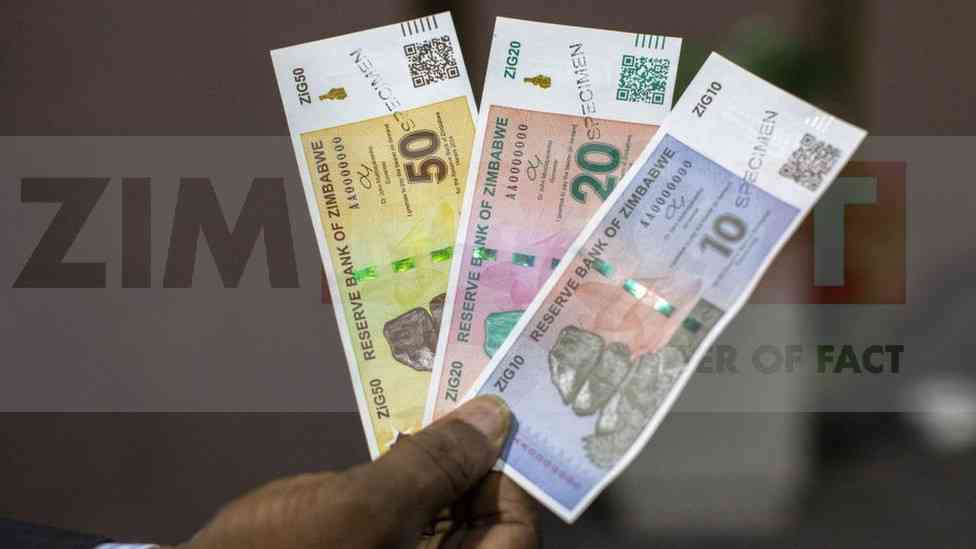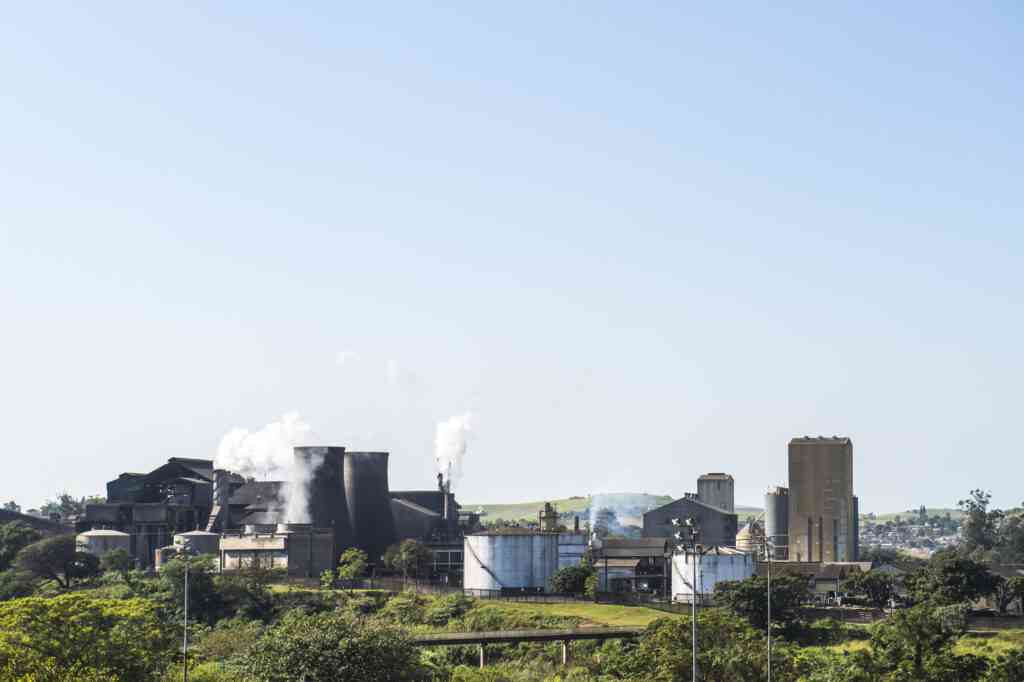THE Zimbabwe Revenue Authority (Zimra) is facing a staggering debt of US$421,4 million and ZiG854,72 million from private companies and public institutions as of the end of the first half of 2024, NewsDay Business can report.
The shortfall could signal the prevailing tough economic conditions for firms.
“The authority is owed by both private companies and public institutions such as State enterprises and parastatals,” Zimra said in its revenue performance report for the first half ended June 30, 2024.
“It is important to note that 80% of the debt is due to new assessment raised from audits and investigations, while 20% represents uncollected debt. The authority is implementing various strategies to collect tax owed by
clients.”
The debt consists of US$113,37 million and ZiG506,39 million in trade taxes, as well as US$308,03 million and ZiG348,33 million in domestic taxes.
- Triangle retrenches as economy bites
- Caledonia in US$42 million capex drive for 2025
- Mukuru launches mobile wallet in Zim to bolster financial inclusion
- Economy heads for a bloodbath: Biti
- NBS completes Glaudina housing project ahead of schedule
In the period under review, the total net revenue stood at ZiG36,06 billion against a target of ZiG35,39 billion resulting in positive variance of 1,88%.
Zimra said the introduction of a new currency ushered in a stable economic environment, prompting businesses to swiftly adapt to ensure their sustainability. New tax revenue targets were implemented in May 2024 to align with the new currency and economic conditions.
“Fluctuations in commodity prices on the international markets initially impacted mining sector performance, particularly in platinum group minerals, although prices have since shown gradual improvement,” the report read in part.
Individual income tax, value-added tax on local sales, customs duty and intermediated money transfer tax posted positive performance as a result of initiatives introduced to enhance revenue generation during the period under review.
The positive performance was also attributed to higher than expected contributions in June, increased remuneration for some companies, improved consumption patterns and increased electronic-based transactions, although the companies’ collections fell short due to competition from the informal sector and reduced trade transactions resulting from economic instabilities in the first half of the year.
The tax collector projects a positive revenue performance and to collect revenue in excess of ZiG55 billion in the second half of 2024.
“In the latter part of the year, there will be a strong focus on increasing revenue collection to support national development goals and ensure economic stability,” it said.
“Overally, the tax landscape for the second half of 2024 is expected to be guided by a strategic approach aimed at improving revenue collection, fostering economic resilience and promoting sustainable resource mobilisation through tightening tax compliance measures and enhancing the efficiency of tax administration.”













